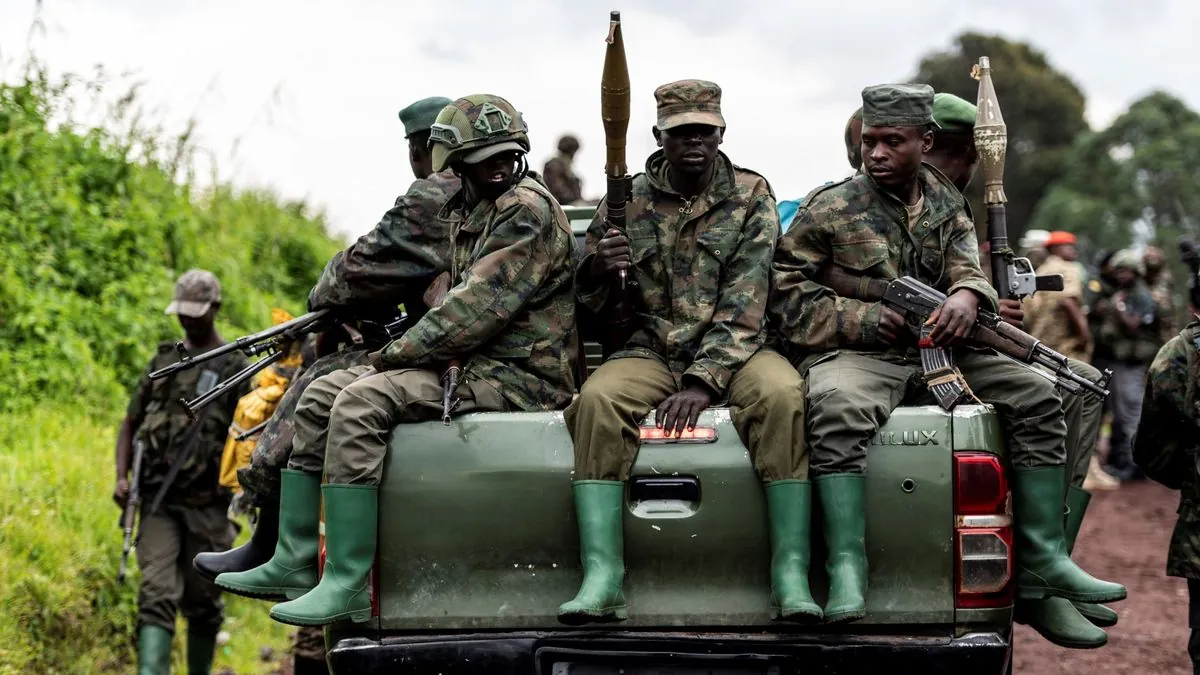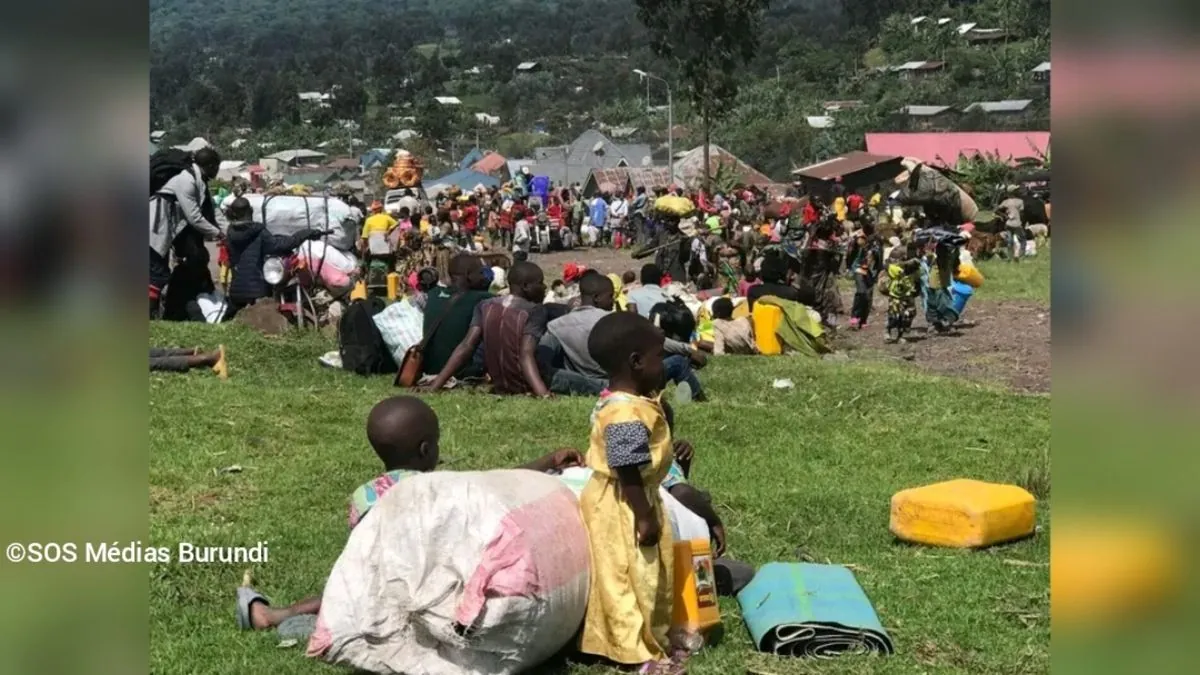Fresh Clashes Erupt in Eastern DRC as M23 Rebels and Army Clash Near Kirumba
Renewed fighting between DRC's army and M23 rebels has broken out near Kirumba in North Kivu. The conflict continues to displace millions, with failed ceasefires and accusations of foreign involvement complicating the situation.

In a concerning development, fresh hostilities have erupted between the Democratic Republic of Congo (DRC) army and M23 rebels in the eastern North Kivu province. The conflict, which has its roots in the 1994 Rwandan genocide, continues to destabilize the region rich in minerals such as gold, coltan, and tin.
On August 24, 2024, clashes broke out near Kirumba, an economic hub in the Lubero territory known for its agricultural production. Willy Ngoma, spokesman for the M23, reported that government forces attacked several rebel positions around Kirumba. Meanwhile, the DRC army stated that fighting occurred in Kikuvo, approximately 12 kilometers from Kirumba.
This renewed violence comes despite a ceasefire agreement brokered regionally, which was supposed to take effect on August 4, 2024. The failure of such agreements has been a recurring issue in the conflict-ridden Great Lakes region, which has experienced instability since the 1990s.

The ongoing conflict has led to a humanitarian crisis, with over 1.7 million people displaced in North Kivu alone. This contributes to a staggering total of 7.2 million displaced Congolese, according to UN estimates. The situation is particularly dire in towns like Kirumba and Kanyabayonga, which host thousands of displaced individuals.
The M23 rebellion, which began in 2012, is named after the March 23 date of a 2009 peace accord. The group, claiming to fight for the rights of Congolese Tutsis, captured Kirumba and Kanyabayonga in June 2024, further complicating the already volatile situation in the region.
Accusations of foreign involvement have added another layer of complexity to the conflict. The DRC authorities, along with the UN and Western governments, have alleged that Rwanda is supporting the M23 rebels. Rwanda consistently denies these claims, but the allegations have significantly strained relations between the neighboring countries.
The DRC, the second-largest country in Africa by area, faces numerous challenges in addressing this conflict. With over 200 ethnic groups, 242 languages and dialects, and borders with nine countries, the nation's diverse makeup and complex regional dynamics contribute to the ongoing instability.
Despite these challenges, the DRC possesses immense potential. The country is home to an estimated $24 trillion worth of untapped mineral deposits and hosts the world's second-largest rainforest after the Amazon. However, the presence of over 120 armed groups in the eastern region continues to hinder development and peace efforts.
As the situation unfolds, the international community watches closely, with the UN's largest peacekeeping mission, MONUSCO, operating in the country. The resolution of this conflict remains crucial not only for the DRC but for the stability of the entire Great Lakes region.
"The ongoing conflict in eastern DRC continues to pose significant challenges to regional stability and the well-being of civilians. We urge all parties to adhere to agreed-upon ceasefires and engage in meaningful dialogue to address the root causes of the conflict."


































